The Elders urge renewed international pressure
to secure Ramadan ceasefire in Sudan
Statement: The Elders today urge the international community to match words with actions to secure a Ramadan truce in Sudan, as the worsening conflict leaves the country facing one of the largest humanitarian crises in the world right now.
They welcome the passing of UN Security Council Resolution 2724 on 8 March calling for an “immediate cessation of hostilities” in Sudan during the month of Ramadan, but warn that unless immediate pressure is brought to bear on the warring parties, the bloodshed, atrocities and rights violations will continue.
Next month marks one year since major hostilities broke out between the Sudanese Armed Forces (SAF) and the paramilitary Rapid Support Forces (RSF), leaving over 14,600 people killed, and over 8 million forcibly displaced. According to the UN Office for the Coordination of Humanitarian Affairs (OCHA), 24.8 million people will need assistance in 2024. These statistics are shocking, yet nowhere close to capturing the suffering of those left injured and maimed and those scarred from the psychological trauma of the unrelenting violence.
The Elders also express alarm at the prevalence of conflict-related sexual violence. They note reports from the UN Office for the High Commissioner of Human Rights (OHCHR) that men in RSF uniform or affiliated with the RSF are responsible for over 80 percent of the documented incidents. It is a dark reflection on humanity for women to live under constant threat of violence and in fear of sexual abuse in their very own homes. All perpetrators must be held accountable for their crimes.
Graça Machel, Deputy Chair of The Elders and former Education Minister of Mozambique, said:
“Amid tragedies unfolding in many other parts of the globe, the people of Sudan have suffered horrifically over the past year of fighting. The world’s attention must equally be focused on bringing about an end to this conflict. Sudan has been betrayed by men of violence in both the SAF and RSF, and their foreign sponsors, who have chosen war over the hard work of political dialogue and compromise. African leaders and the whole international community must act to de-escalate the conflict, prevent wider instability, and address the grave humanitarian crisis that is unfolding. Those provoking the conflict must be restrained and brought to account, so that the Sudanese people can live in peace and dignity, as is their right.”
Recalling their engagement on conflict resolution and dialogue in Sudan in previous years, the Elders back calls for a Ramadan ceasefire as a first step, followed by sustained efforts by regional and global actors to pressure parties to start political dialogue. The High-Level Panel of the African Union and the Personal Envoy of the UN Secretary-General for Sudan, Ramtane Lamamra, must be supported and encouraged to be as bold as possible, and to call out external actors fomenting the conflict for their own geopolitical purposes.
We are in a state of emergency. The scaling up of humanitarian funding is immediately required to meet the needs of the war-scarred population, amid warnings from the World Food Programme that Sudan is at the brink of becoming the world’s largest hunger crisis. Nearly 5 million people are facing catastrophic levels of starvation, with horrendous estimates of over 730,000 precious children suffering from severe malnutrition. On our watch, innocent children are falling victim to the ravages of war and the agony of acute hunger. According to OHCA, just 4 percent of humanitarian funding needs have been met, illustrating the international community’s dire neglect of this conflict.
The Elders emphasise the importance of supporting and empowering women peace-builders to find a route out of the conflict. In 2019, many courageous Sudanese women played an instrumental role in the non-violent protests that briefly overthrew decades of autocracy. These women must now be supported to lead efforts towards a pathway to peace.
Mary Robinson, former President of Ireland and Chair of The Elders
Ban Ki-moon, former UN Secretary-General and Deputy Chair of The Elders
Graça Machel, Founder of the Graça Machel Trust, Co-founder and Deputy Chair of The Elders
Gro Harlem Brundtland, former Prime Minister of Norway and former Director-General of the WHO
Helen Clark, former Prime Minister of New Zealand and former head of the UN Development Programme
Elbegdorj Tsakhia, former President and Prime Minister of Mongolia
Zeid Ra’ad Al Hussein, former UN High Commissioner for Human Rights
Hina Jilani, Advocate of the Supreme Court of Pakistan and co-chair of the Taskforce on Justice
Ellen Johnson Sirleaf, former President of Liberia and Nobel Peace Laureate
Juan Manuel Santos, former President of Colombia and Nobel Peace Laureate
Ernesto Zedillo, former President of Mexico
21/03/2024


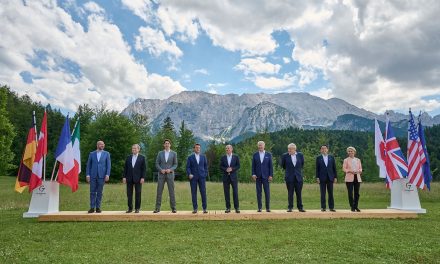
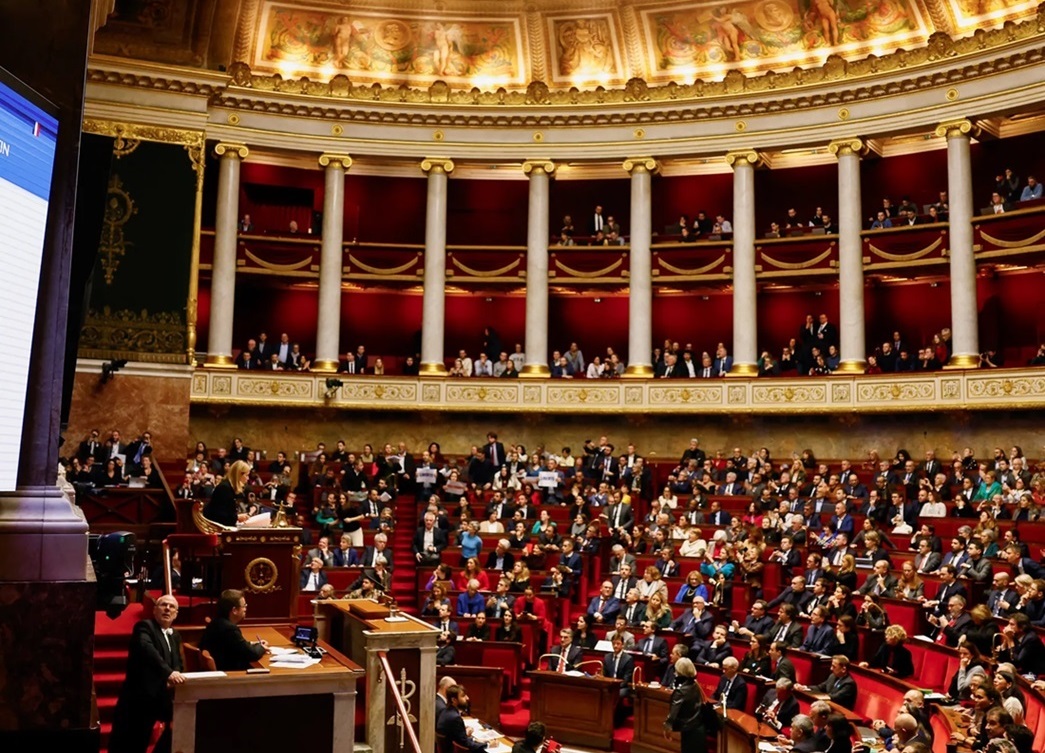
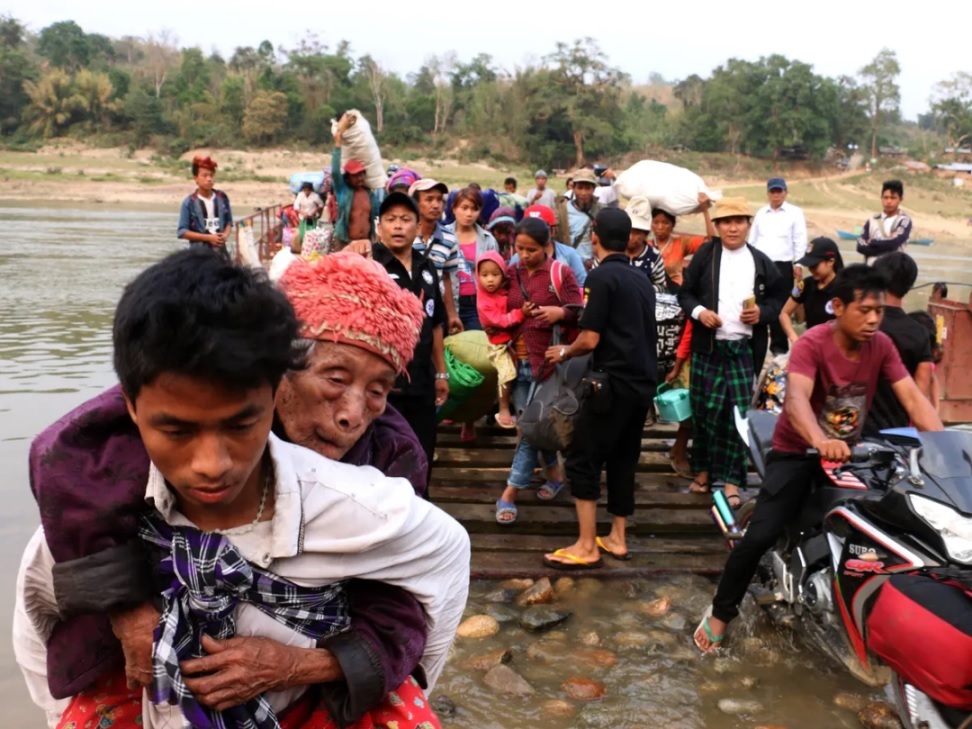
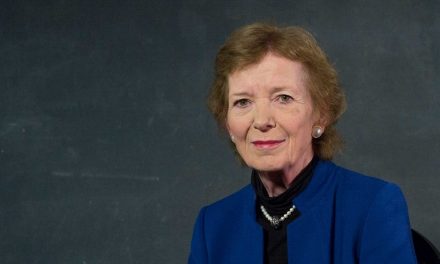

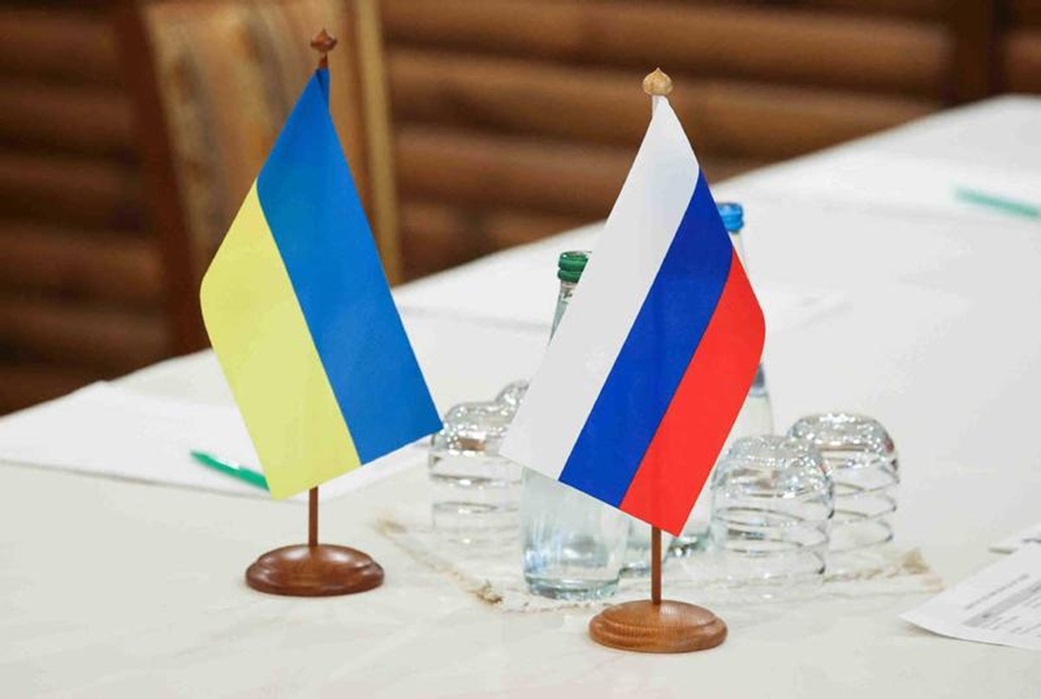
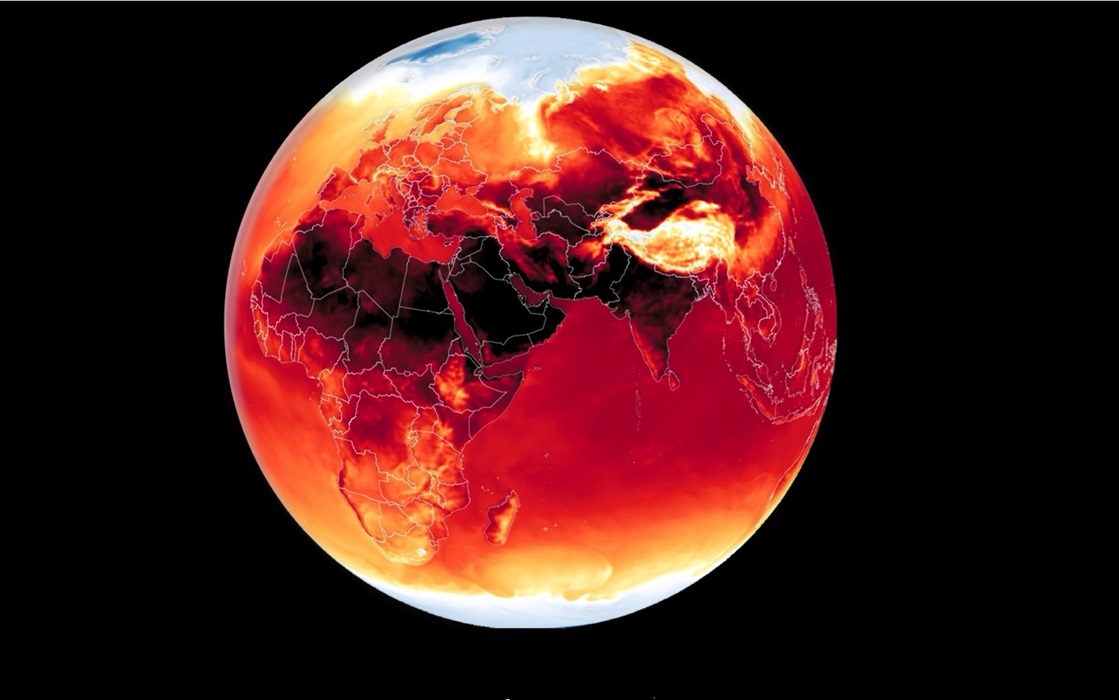

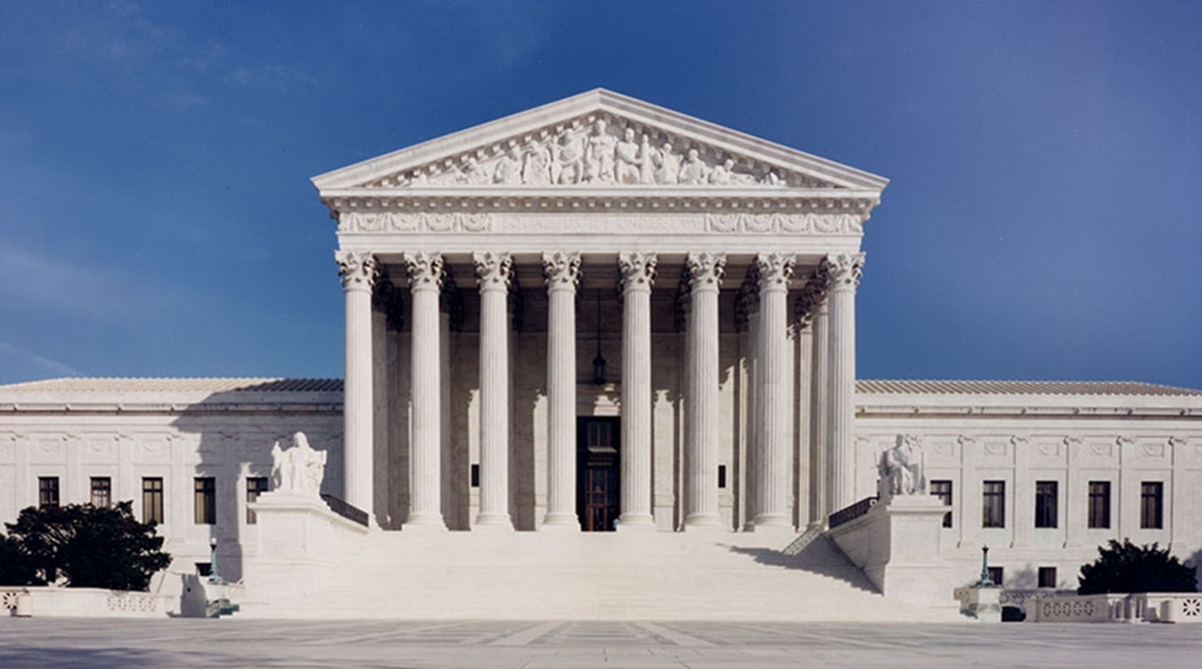
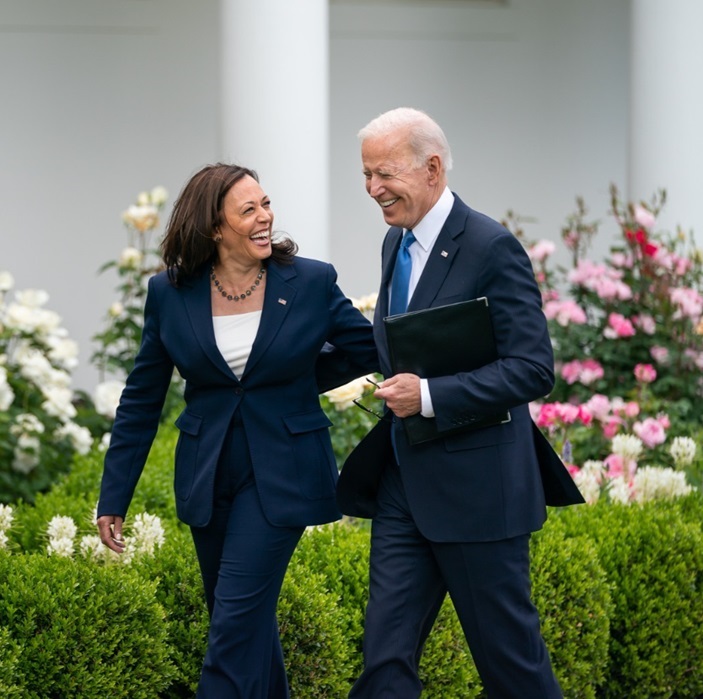
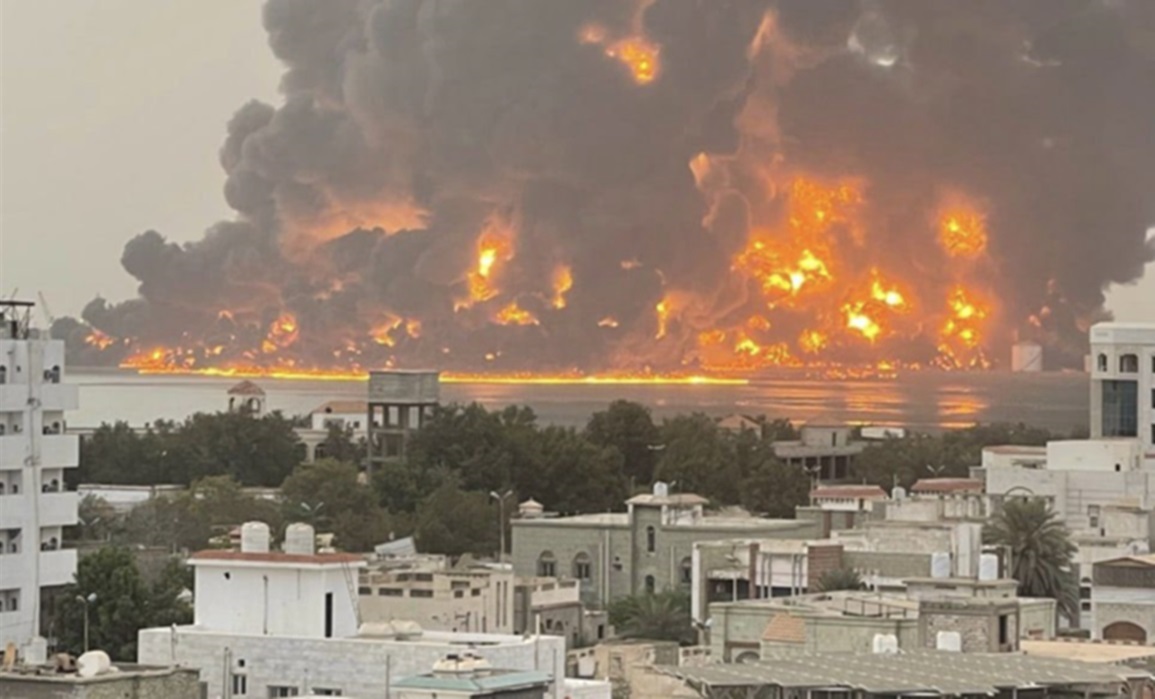
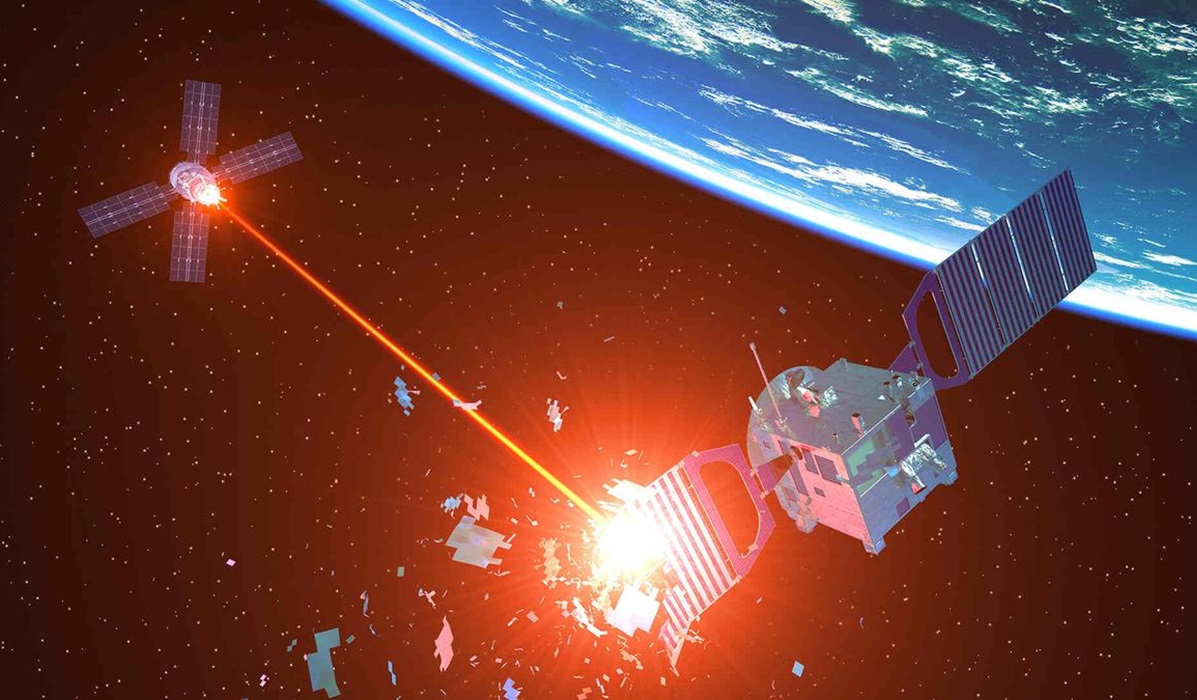
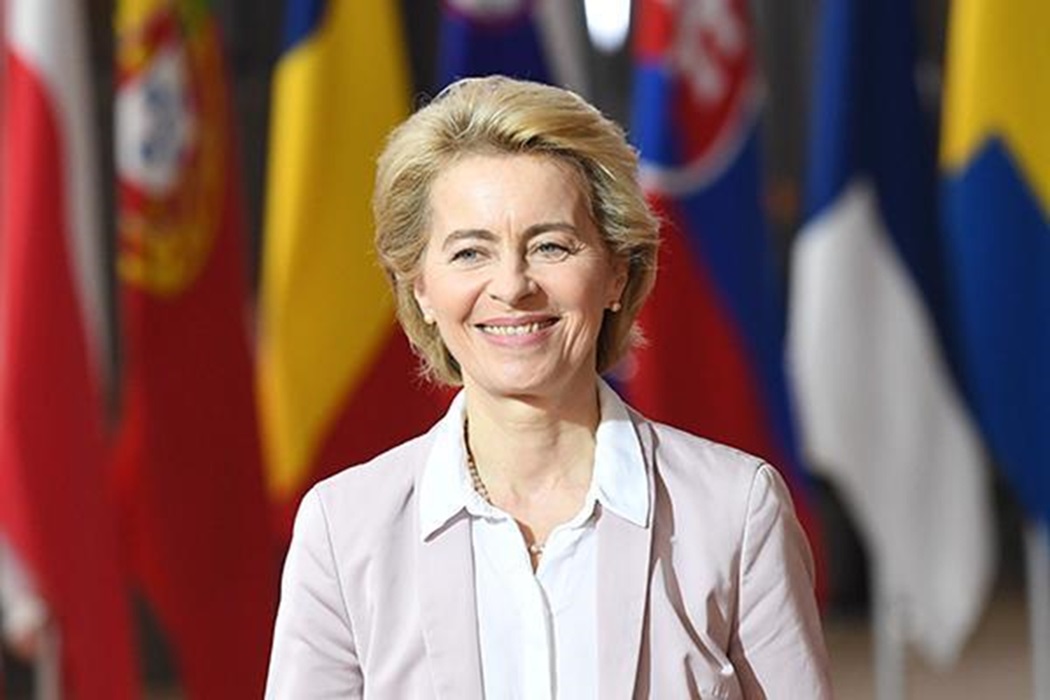

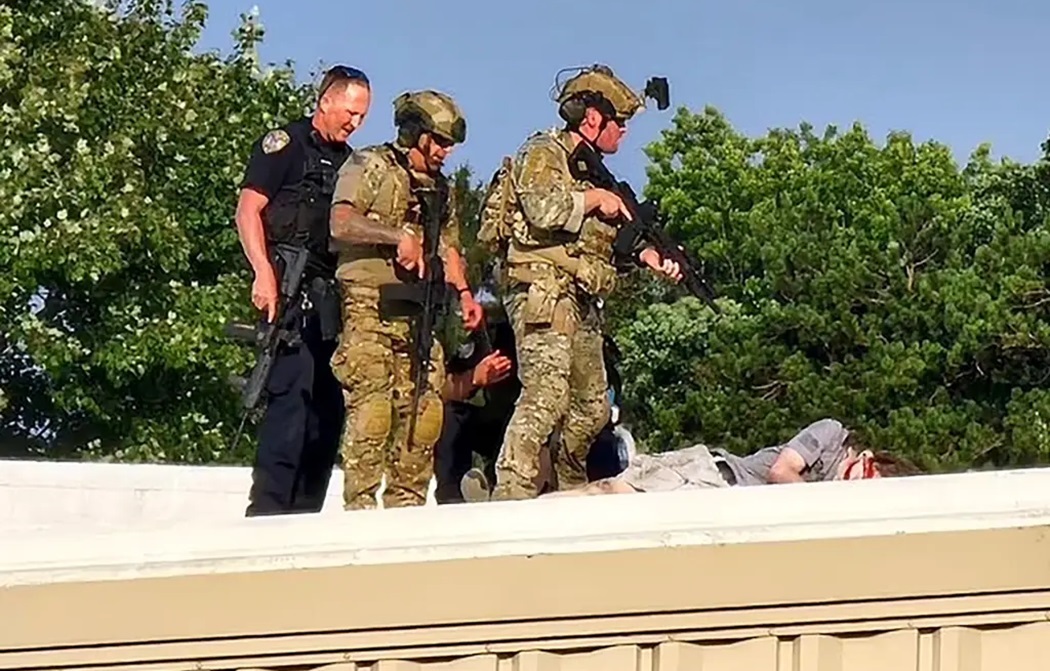
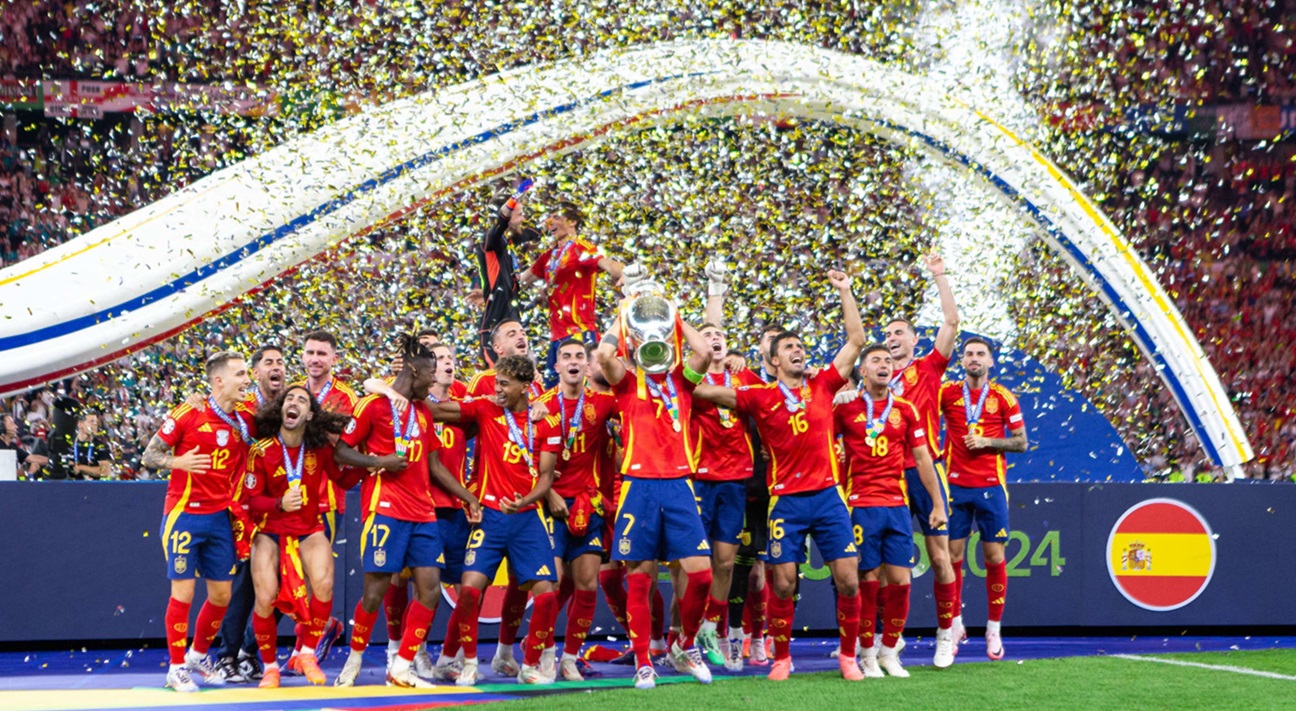
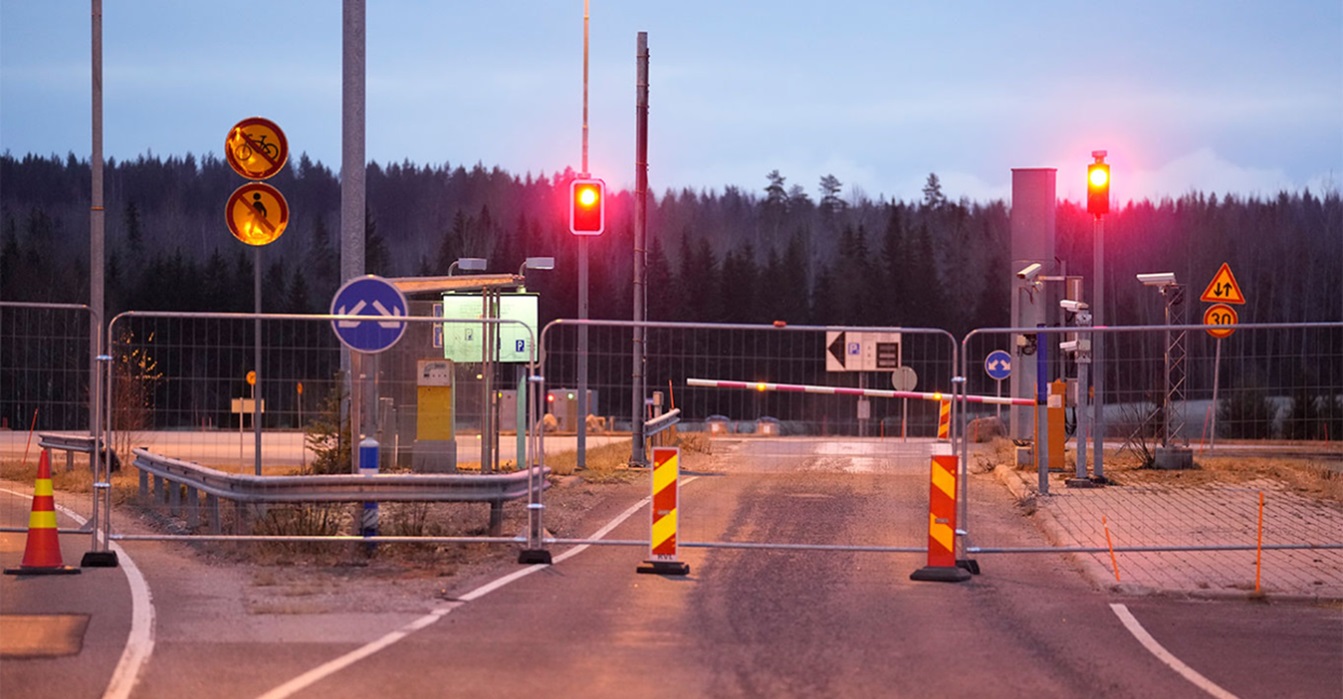

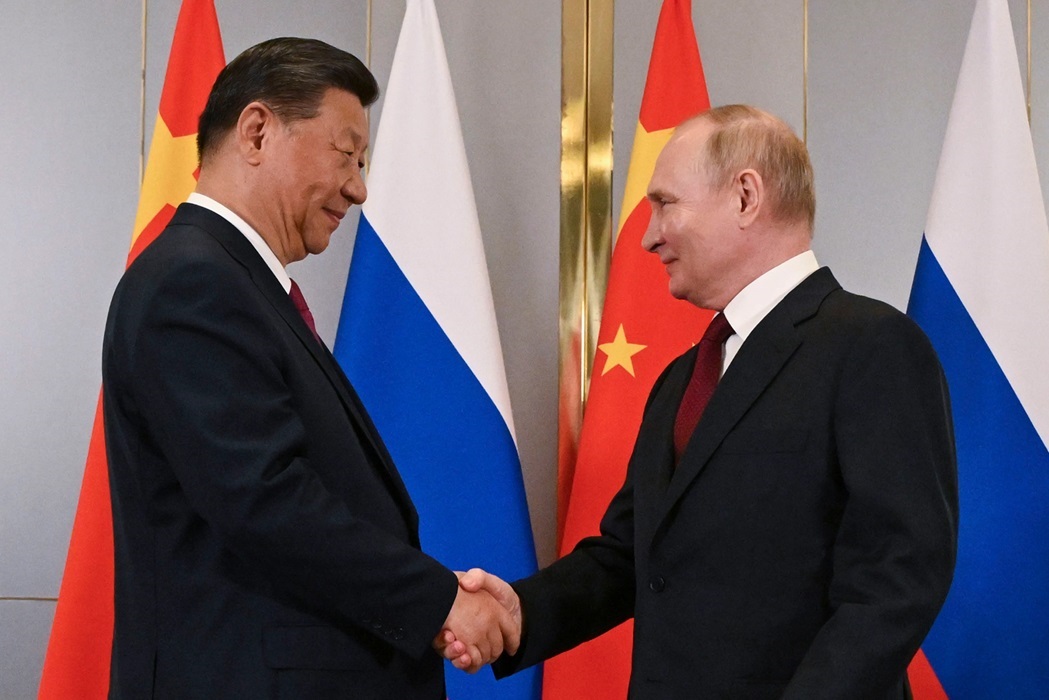

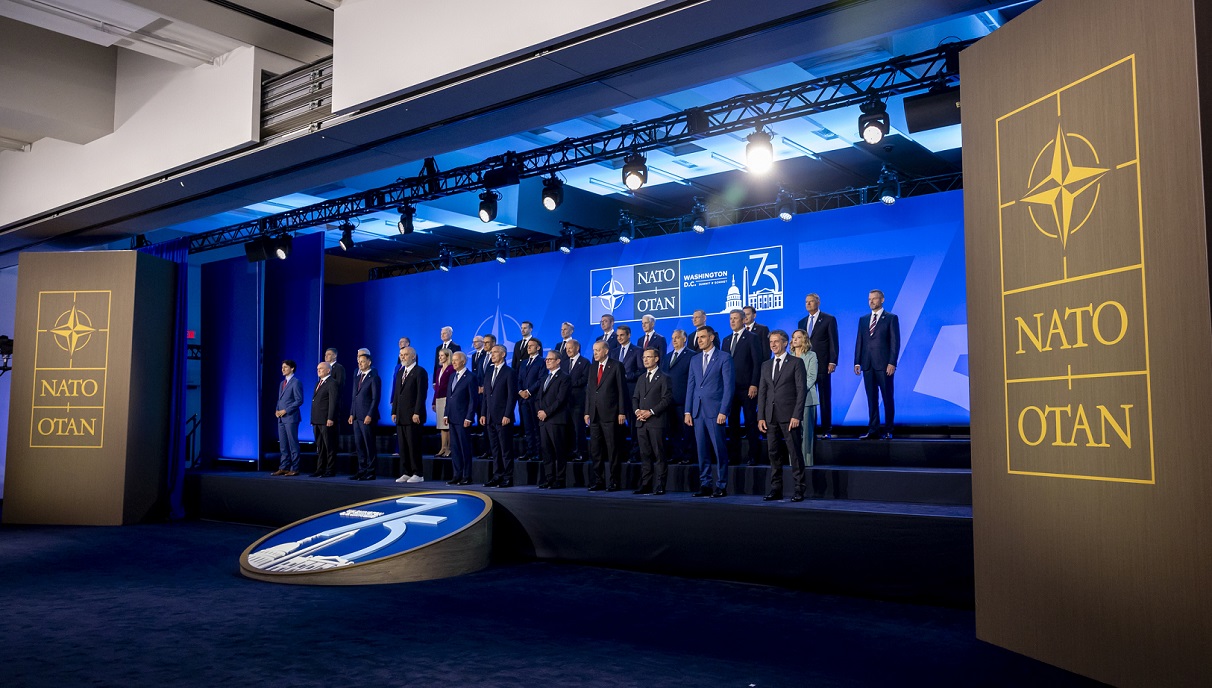
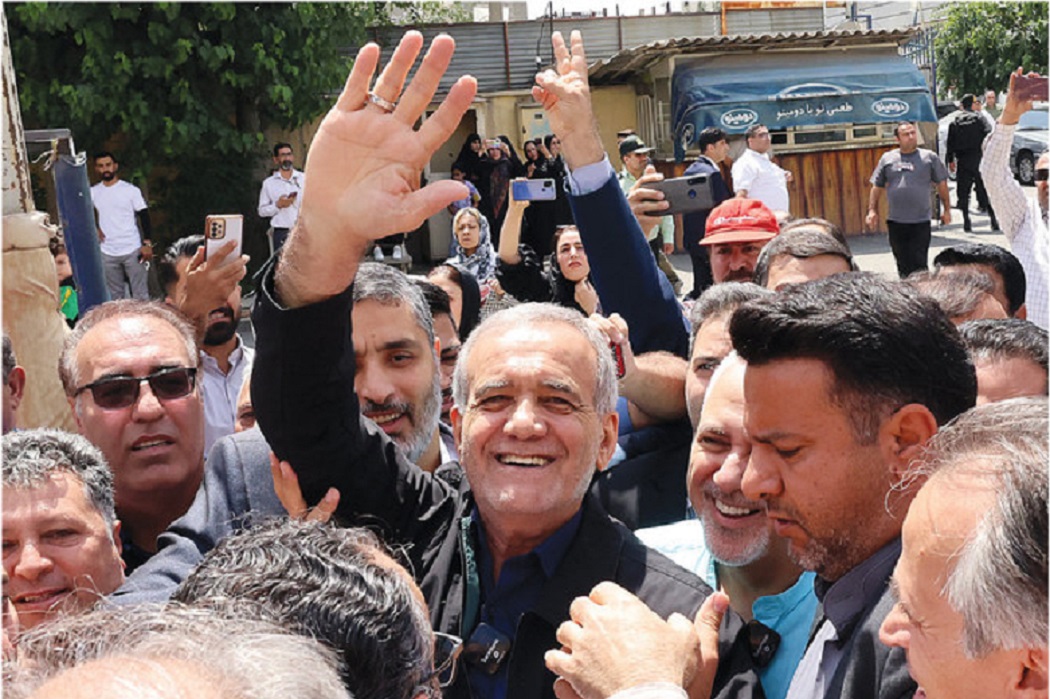

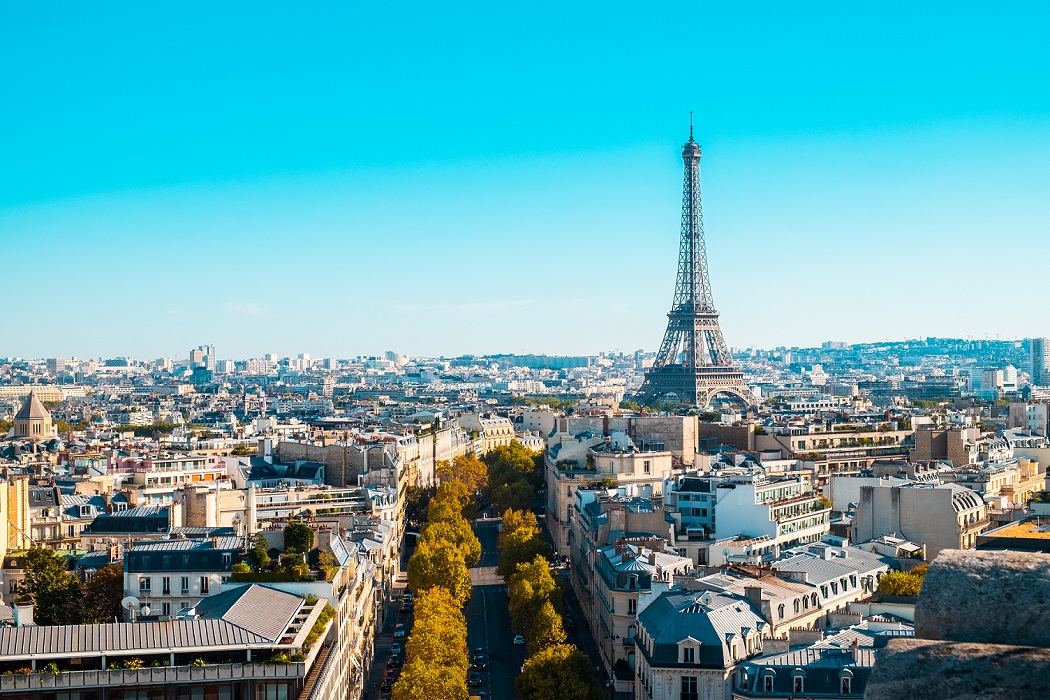
I have been absent for a while, but now I remember why I used to love this website. Thank you, I’ll try and check back more often.